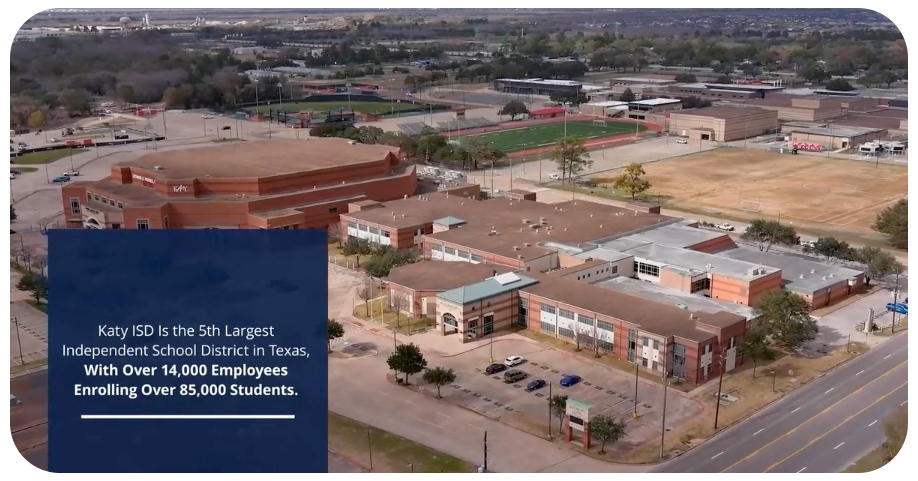Access medical care how and when you need it — that’s the MASA® advantage.
I’d like to learn about MASA for:
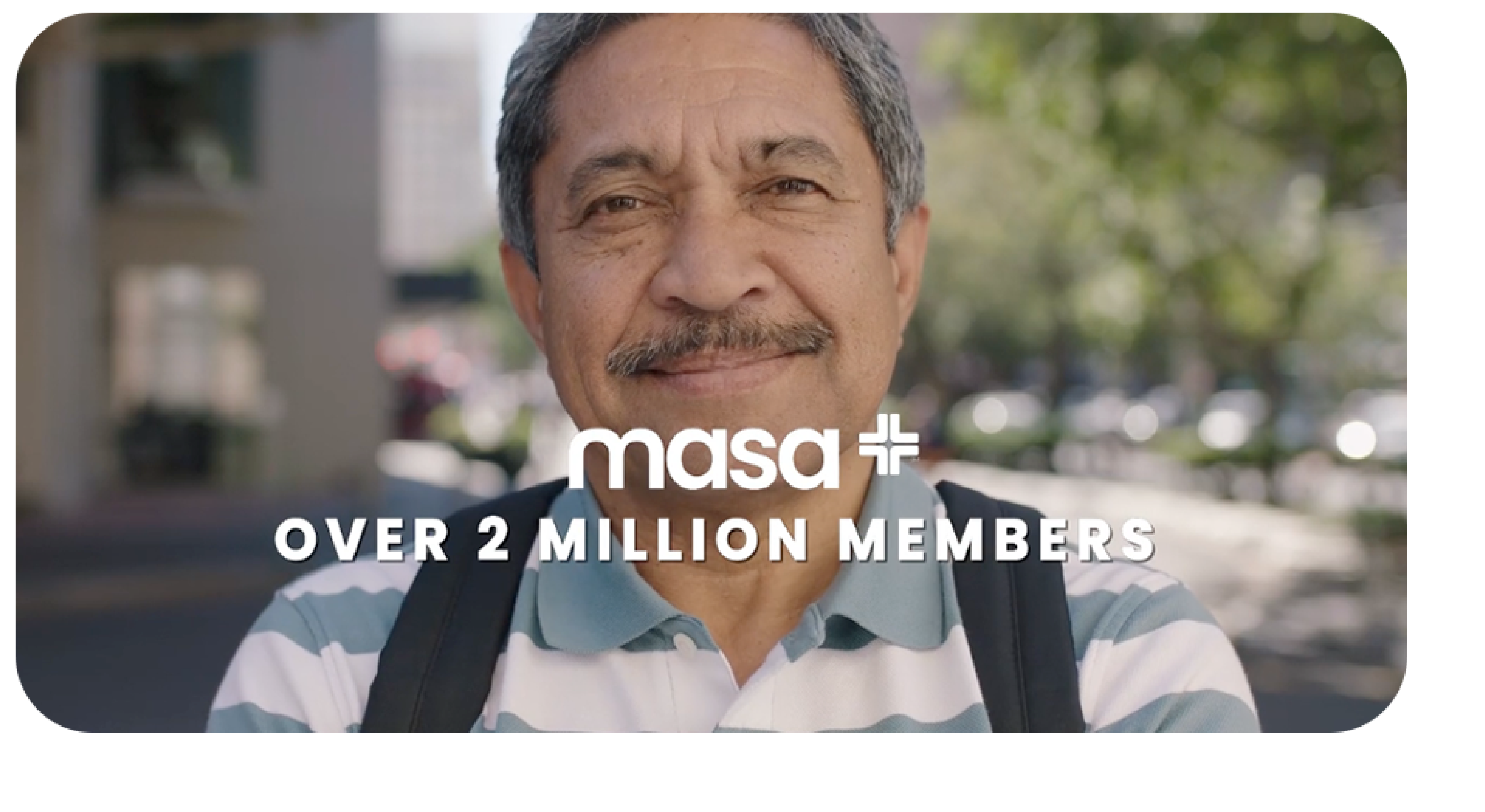
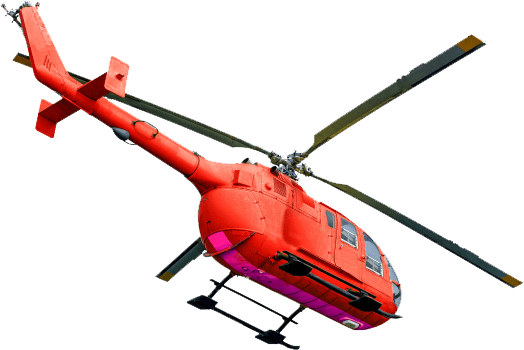
ACCIDENTS HAPPEN.

The question is: How much will it cost you?
No one should have to worry about unexpected bills during or after an emergency. See how MASA can be your Medical Access & Service Advantage and help shield you from the sudden financial shock of medical transportation bills.

Cost calculator
Example transportation expenses:
$2,000
$69,000
$2,400
79%
Ambulance fees may vary depending on the level of care provided, the residency of the patient and other factors. MASA, Ground and Air Ambulance Stats, complied January 2024. MASA claims data compiled Jan. 2024, air ambulance median cost.
*Consumer Reports, 2021
When emergencies strike, here’s how we protect you:

You call 911. Emergency transport is dispatched to you to get you to a hospital for critical care.

You receive a bill. Whether you have co-pays or deductibles, or your claim is denied — send MASA the bill.

MASA protects you. Your bills are paid by MASA after approval, allowing you to focus on recovery.
As your Medical Access & Service Advantage, there is no “out of network.” Plus:
With MASA, you won’t get any questions about health concerns or pre-existing conditions.
MASA is a guaranteed-issue program with no health questions and no waiting periods. Everyone has the same access to affordable coverage — which means MASA pays benefits on all approved claims.
We have no dollar limits on each emergency medical transport.
At MASA, we understand a medical evacuation can be costly. Whether your ambulance bill is $400 or $40,000, our membership coverage pays all approved claims.
You get the full benefits of your MASA membership immediately, anywhere in the U.S. You won’t need to pay us a certain amount out of pocket before we cover a claim. In fact, the only payment you’ll make to MASA is your membership fee.
With MASA, you won’t get any questions about health concerns or pre-existing conditions.
MASA is a guaranteed-issue program with no health questions and no waiting periods. Everyone has the same access to affordable coverage — which means MASA pays benefits on all approved claims.
We have no dollar limits on each emergency medical transport.
At MASA, we understand a medical evacuation can be costly. Whether your ambulance bill is $400 or $40,000, our membership coverage pays all approved claims.
You get the full benefits of your MASA membership immediately, anywhere in the U.S. You won’t need to pay us a certain amount out of pocket before we cover a claim. In fact, the only payment you’ll make to MASA is your membership fee.
Membership benefits support your access to medical care and services
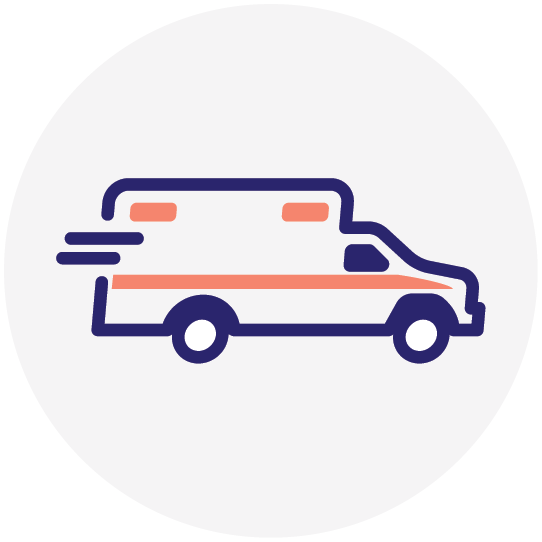

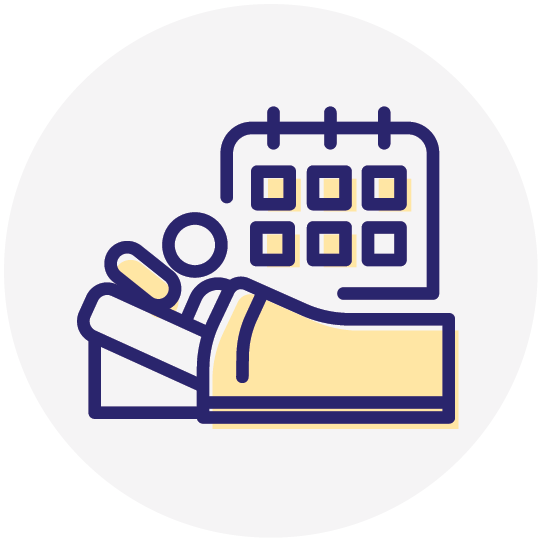

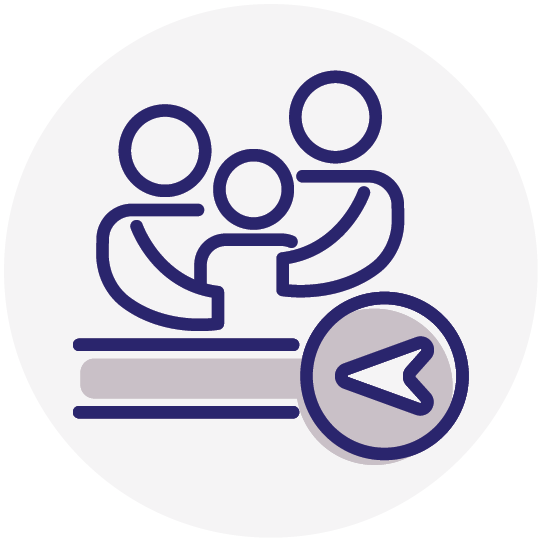
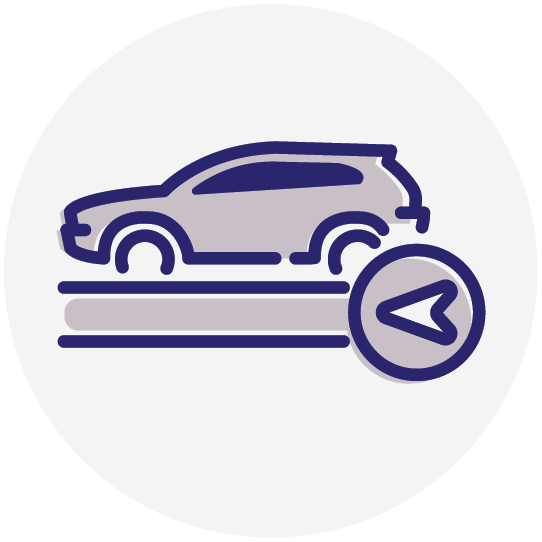
On a trip to Europe in 2015, I ended up in a German hospital for a week. MASA flew my wife and I back home to Oregon, and arranged to have our truck and travel trailer that was stored in Florida driven to our home in Oregon. Both the airfare and RV transport was covered by MASA and saved us way more than our subscription to MASA services. Thank you.
My first year at Oklahoma University was hard. I totaled my car in a head-on collision and was rushed to the hospital closest to campus. My family called MASA MTS immediately. They got me back home to Texas and paid for the out-of-pocket transportation costs. Thanks to MASA, a difficult situation was made a lot easier.
Thanks to MASA for paying the bill. We like MASA so much that we have purchased Lifetime Plans for each of our four children. One of them has had to use it and it worked out well. Thanks again.
We have been members since 2001. Our daughter insisted we buy into MASA. We traveled the country in an RV and on motorcycle. We also went on cruises. We gave up motorcycle riding as we are both getting to our 80’s. We thought we would never use our MASA card. We never did as we traveled, but we thank God we have it now.




